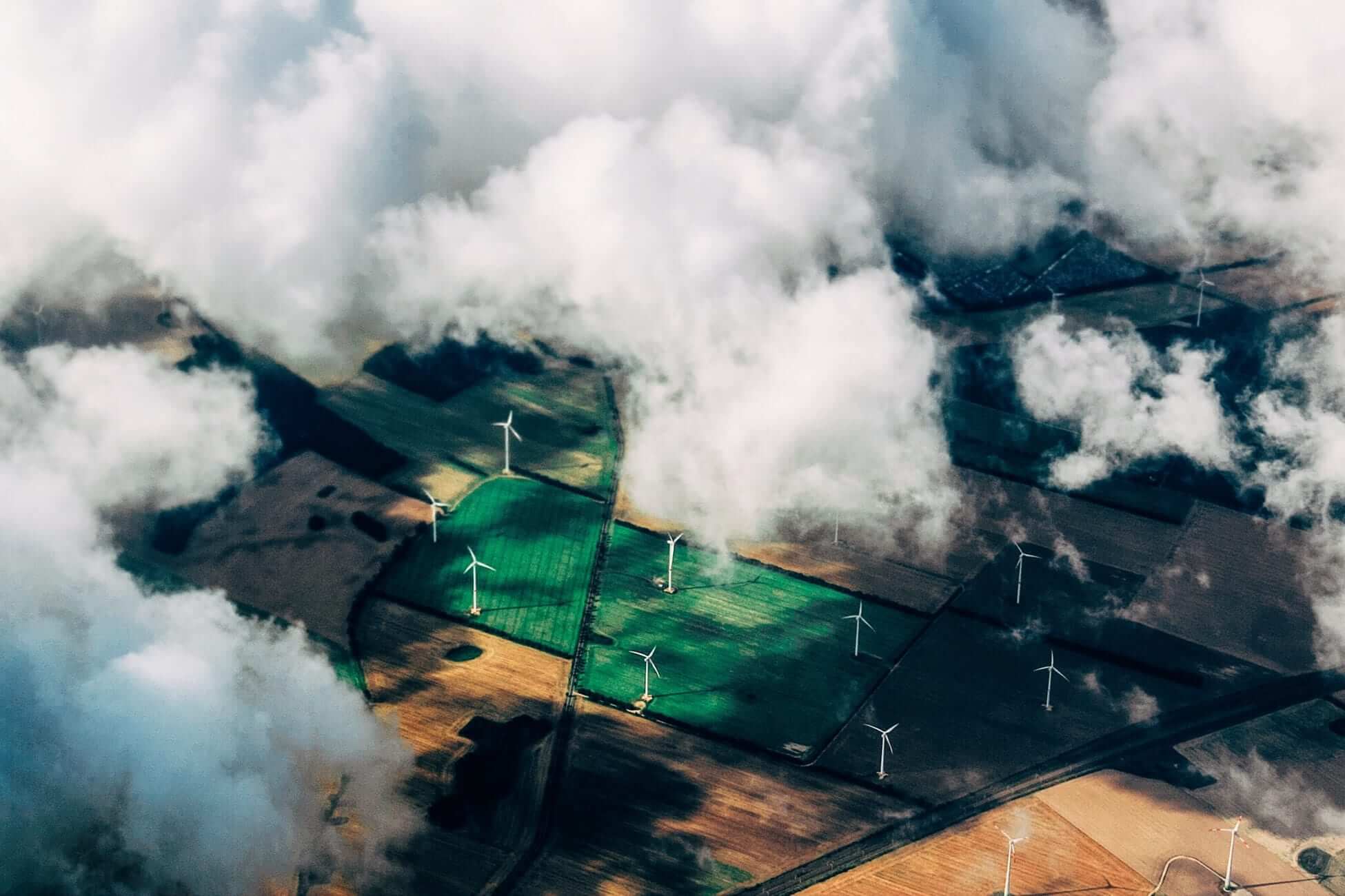If there has been one positive aspect of this terrible pandemic, it’s been the realization by growing numbers of people that we must change our way of life, which is largely responsible for the dire consequences of COVID-19, and start to develop more sustainable habits. A recent survey by the Pew Research Centerstates that 77% of Americans agree that it is more important to develop alternative energy sources such as solar or wind than to produce more coal, oil, and other fossil fuels.
There are two schools of thought on how to evolve toward higher levels of sustainability: degrowth, held by writers such as Jason Hickel in “Less is More: how degrowth will save the world”, supported by movements such as Extinction Rebellion, which calls for us to abandon economic growth, reduce production and consumption and, basically, go back in time. The other, defended by people like MIT professor Andrew McAfee or myself, is that technology, innovation and development are fundamental if we are to increase efficiency and achieve a cleaner world.
The data doesn’t support the defenders of the first theory: over time, the countries that have achieved greater success in tackling the climate emergency are not those that have reduced growth, but instead those that have invested more in technology and research so as to be able to produce more with less environmental impact. Doing things the way we did before the industrial revolution doesn’t seem the best way to sustain a world with many more needs and inhabitants than 200 years ago.
Clean technologies are more efficient and cheaper than ever. Renewables can now compete directly in cost terms with coal and natural gas plants without the need for subsidies, simply because of economies of scale that have translated over the years into increasingly significant savings. This has led to 90% of investments in power generation over the last year being devoted to the widespread construction of solar and wind farms around the world. In addition, the lower price and performance of lithium-ion batteries, a fully recyclable material that unlike internal combustion engines, produces no emissions, makes electric vehicles increasingly attractive to both consumers and carmakers.
All this is attracting huge capital: between 2013 and 2019, investment in green technologies increased from $420 million to more than $16 billion. We’ve seen tremendous growth in venture capital companies focusing on clean energy, as well as a good number of others in the same field dedicating increasing amounts of money to renewables. Giants such as Amazon, Microsoft or Unilever have set up important funds dedicated to sustainable technologies, while governments around the world, such as that of the incoming US president Joe Biden, are putting together major packages to rebuild manufacturing and create jobs based on a sustainable economy and decarbonization. Japan, the European Union and China have committed themselves to carbon neutrality by the middle of this century, as have many companies in many areas of activity.
In this context, delaying decarbonization is economic suicide. Short-term measures that do not penalize the use of diesel, that pretend to be “technologically neutral” — what a stupid notion — between fossil fuels and clean energies, or that delay the inevitable abandonment of hydrocarbons are not only a failure to take advantage of new opportunities and a brake on a trend moving in the right direction, but irresponsible. A sustainable and green economy is not the future, it is the present. It’s not only a matter of logic, it is economically inevitable.
There are two schools of thought on how to evolve toward higher levels of sustainability: degrowth, held by writers such as Jason Hickel in “Less is More: how degrowth will save the world”, supported by movements such as Extinction Rebellion, which calls for us to abandon economic growth, reduce production and consumption and, basically, go back in time. The other, defended by people like MIT professor Andrew McAfee or myself, is that technology, innovation and development are fundamental if we are to increase efficiency and achieve a cleaner world.
The data doesn’t support the defenders of the first theory: over time, the countries that have achieved greater success in tackling the climate emergency are not those that have reduced growth, but instead those that have invested more in technology and research so as to be able to produce more with less environmental impact. Doing things the way we did before the industrial revolution doesn’t seem the best way to sustain a world with many more needs and inhabitants than 200 years ago.
Clean technologies are more efficient and cheaper than ever. Renewables can now compete directly in cost terms with coal and natural gas plants without the need for subsidies, simply because of economies of scale that have translated over the years into increasingly significant savings. This has led to 90% of investments in power generation over the last year being devoted to the widespread construction of solar and wind farms around the world. In addition, the lower price and performance of lithium-ion batteries, a fully recyclable material that unlike internal combustion engines, produces no emissions, makes electric vehicles increasingly attractive to both consumers and carmakers.
All this is attracting huge capital: between 2013 and 2019, investment in green technologies increased from $420 million to more than $16 billion. We’ve seen tremendous growth in venture capital companies focusing on clean energy, as well as a good number of others in the same field dedicating increasing amounts of money to renewables. Giants such as Amazon, Microsoft or Unilever have set up important funds dedicated to sustainable technologies, while governments around the world, such as that of the incoming US president Joe Biden, are putting together major packages to rebuild manufacturing and create jobs based on a sustainable economy and decarbonization. Japan, the European Union and China have committed themselves to carbon neutrality by the middle of this century, as have many companies in many areas of activity.
In this context, delaying decarbonization is economic suicide. Short-term measures that do not penalize the use of diesel, that pretend to be “technologically neutral” — what a stupid notion — between fossil fuels and clean energies, or that delay the inevitable abandonment of hydrocarbons are not only a failure to take advantage of new opportunities and a brake on a trend moving in the right direction, but irresponsible. A sustainable and green economy is not the future, it is the present. It’s not only a matter of logic, it is economically inevitable.
About the Author
This article was written by Enrique Dans, professor of Innovation at IE Business School and blogger at enriquedans.com.





























